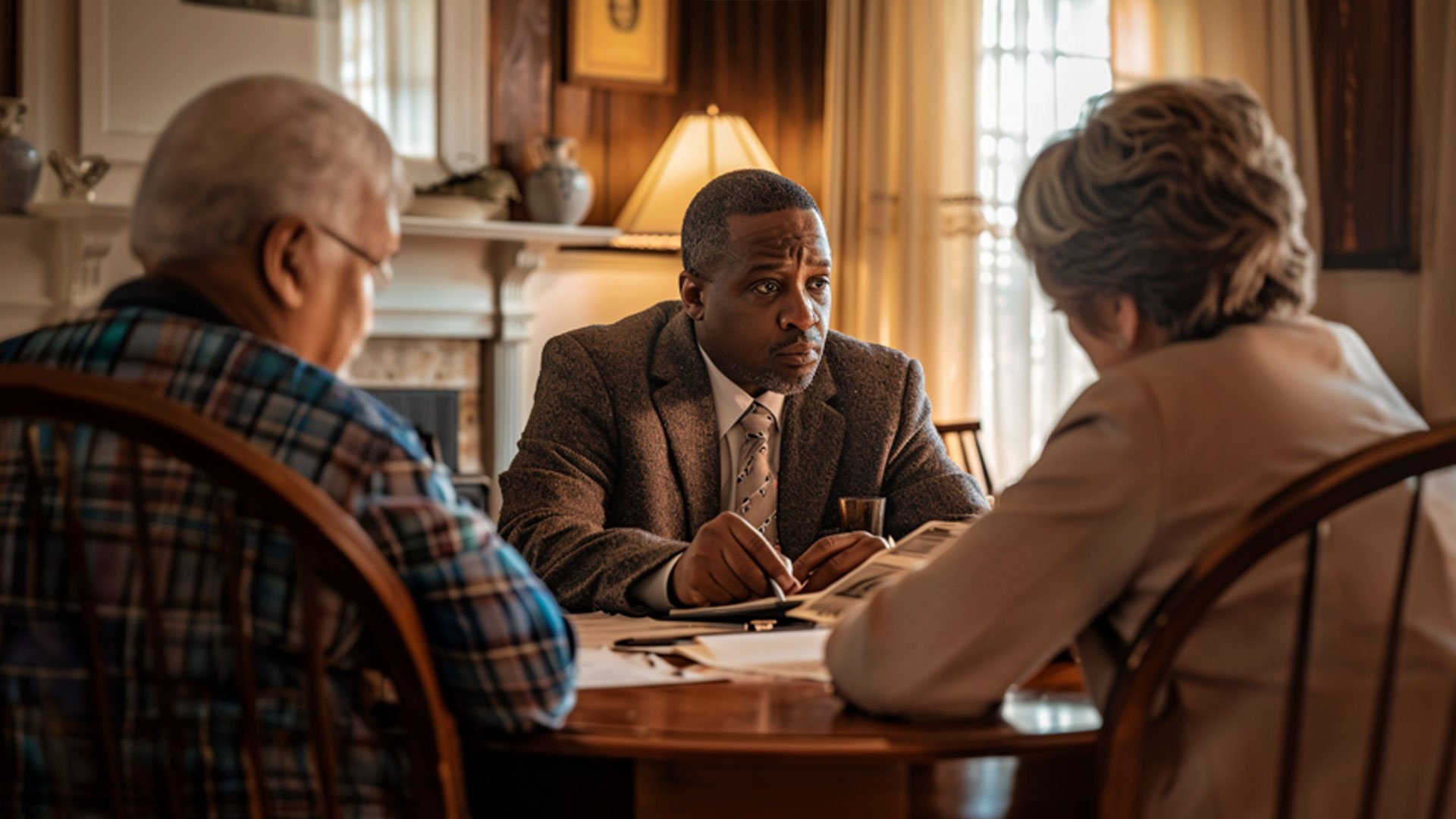
Will Writing
What is a Will?
A Last Will and Testament (Will) is a legal document that allows you to decide what happens to your estate when you die.
Your Will lets you decide what happens to your money, property and possessions after your death, you decide who receives what and when.
If you make a Will you can also make sure you do not pay more Inheritance Tax than you need to.

Why do I need a Will?
You can decide who benefits from your estate, what they receive and how much.
You are also able to keep your assets out of the hands of those you don't want to receive them.
You can decide who will care for your children. Without a Will, the courts will decide.
You can reduce the Inheritance Tax liability on your estate and can also give gifts and charitable donations.

What happens without a Will?
When somebody dies in the UK without a Will then their estate is distributed in accordance with a set of laws called the rules of intestacy. These rules determine who is entitled to benefit from your estate in a certain order.
If you are married without children when you die then your spouse will benefit from your entire estate.
If you are married with children then your spouse will receive £322,000 along with your personal possessions. Any excess above this amount will be split 50% to your children and 50% to your spouse.
If when you die you are not married or not in a civil partnership, even if living with your long term partner, your partner will not be entitled to receive anything. Cohabiting partners and long term partners are not protected under the rules of intestacy. The law does not recognise the concept of a ‘common law marriage’.
If you have a blended family with children from a previous marriage then intestacy rules allow things to become more complicated and your estate may not go to your chosen beneficiaries.

FAQs
-
A well-drafted Will, along with other estate planning tools, can help minimise estate taxes and other expenses, ensuring more of your assets go to your chosen beneficiaries.
-
A Will allows you to designate a guardian for your minor children, ensuring they are cared for by someone you trust if you are no longer here.
-
Even if your estate is small, a Will can provide clear instructions on how your assets should be distributed, avoiding potential conflicts and confusion among your heirs.
-
Yes, you can change or update your Will at any time as long as you are mentally competent. It’s recommended to review your Will periodically and after major life events such as marriage, divorce, or the birth of a child.
-
While you can create a Will on your own, consulting with a professional can ensure that your Will complies with appropriate laws and accurately reflects your wishes.
-
Your Will should include:
A list of your assets and how you want them distributed.
The name / or names of an executor/s to manage your estate.
Guardianship arrangements for minor children.
Instructions for paying debts and taxes.
Any specific wishes for your funeral or burial.
Potential inclusion of Will Trusts to ensure your loved ones benefit in the manner you want.
-
Your Will should be kept in a safe, accessible place where your executor and loved ones can easily find it. You may also want to give a copy to your executor or attorney.


